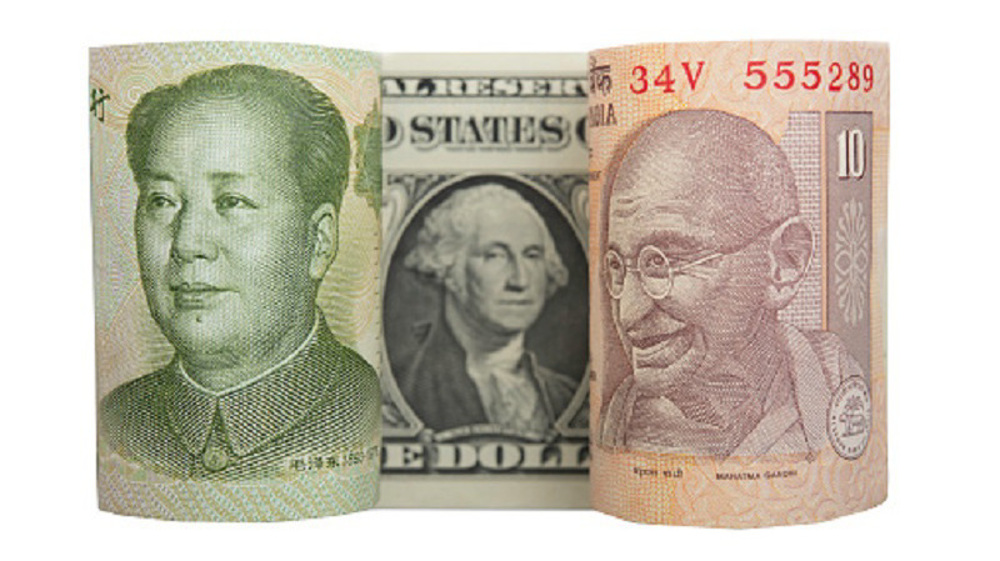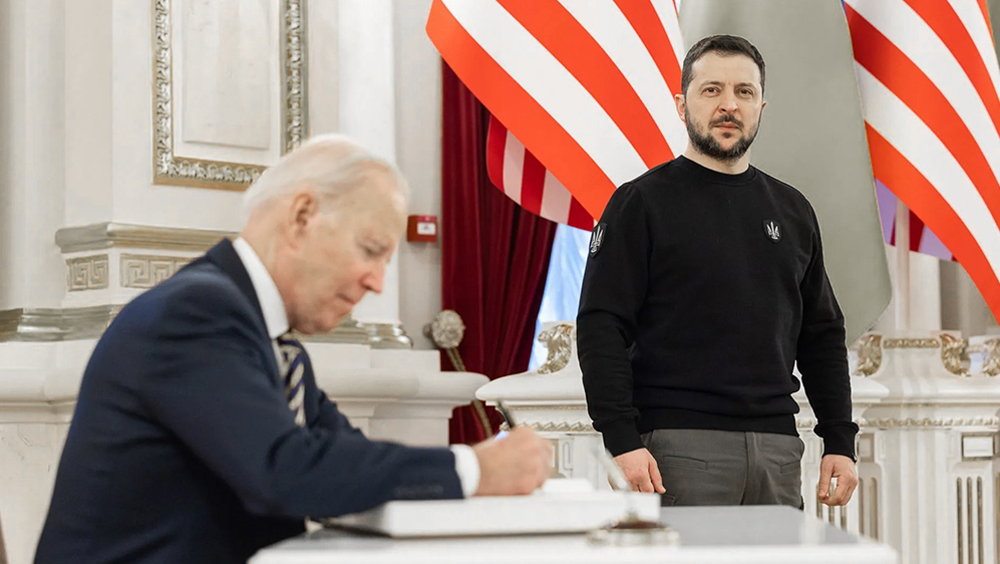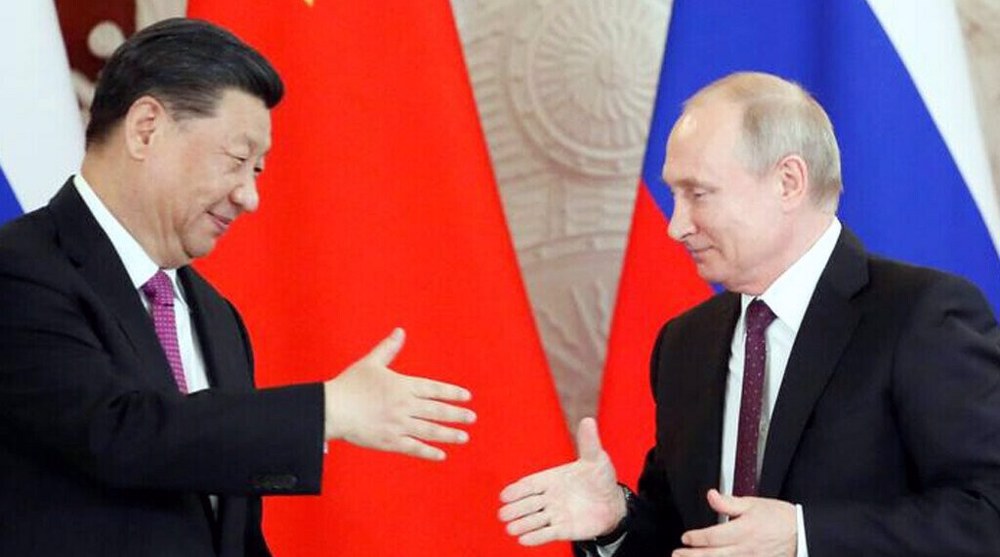Russian stock market MOEX hits 17-month high
Russia's MOEX Index, the main ruble-denominated benchmark of the Russian stock market, has hit a record 17-month high attributed mostly to the devaluation of the ruble and rising oil prices.
MOEX index exceeded 3,000 points on Friday, marking its highest level since February 22, 2023, the day before Moscow launched its special military operation in Donbas. Russian stock exchange index was 0.7 percent higher at 3008.61 points, according to a report by RT.
The MOEX has increased by about 40 percent since January 2023, displaying stable growth since a collapse following the announcement of partial mobilization in September 2022.
The dropping ruble, rising oil prices, and the dividend policy of the country’s corporate sector were the reasons pinned by experts interviewed by the Russian business daily Kommersant, who added that they expect the MOEX index to reach 3,500 points by the end of 2023.
Shares of LUKOIL, Rosneft, Tatneft, Gazprom Neft, and Surgutneftegaz were among the major oil companies that demonstrated solid growth in the latest trading. With 0.6 percent increase in its stocks index, Sberbank was among the strongest firms in the financial sector.
Brent crude oil, a global benchmark for Russia’s main export, was up 1 percent at $83.72 per barrel, nearing a three-month high and supporting Russian stock indexes.
The Russian ruble, against the US dollar, edged lower to trade at about 90, nearing its lowest point since April 2022.
On Wednesday, Russian President Vladimir Putin slammed the West over its abuse of the US dollar, saying Washington is weaponizing its currency as a tool in international affairs to put pressure on other nations.
The days of US dollar hegemony appear to be numbered as multiple countries have adopted alternative currencies to the US dollar for international transactions in the framework of the Shanghai Cooperation Organization (SCO) and the BRICS group of emerging countries.
The US Dollar's position as the primary global reserve currency is being challenged. This is because several countries have started to ditch dependency on the dollar and strengthen bilateral relations. This new global trend is commonly referred to as de-dollarization.
VIDEO | 85% of Yemeni displaced people face daily hunger crisis
US House passes bill targeting charities and pro-Palestine groups
VIDEO | Supporting Gaza genocide
Hezbollah attacks Israeli forces after Lebanese homes blown up
World leaders, states hail ICC arrest warrants for Netanyahu, Gallant
MP: US accountable for possible Israeli 'foolishness' to attack Iraq
VIDEO | Israeli policies strangle Palestinian agriculture, economy
Iran's president offers condolences to Pakistan over terrorist attack













 This makes it easy to access the Press TV website
This makes it easy to access the Press TV website